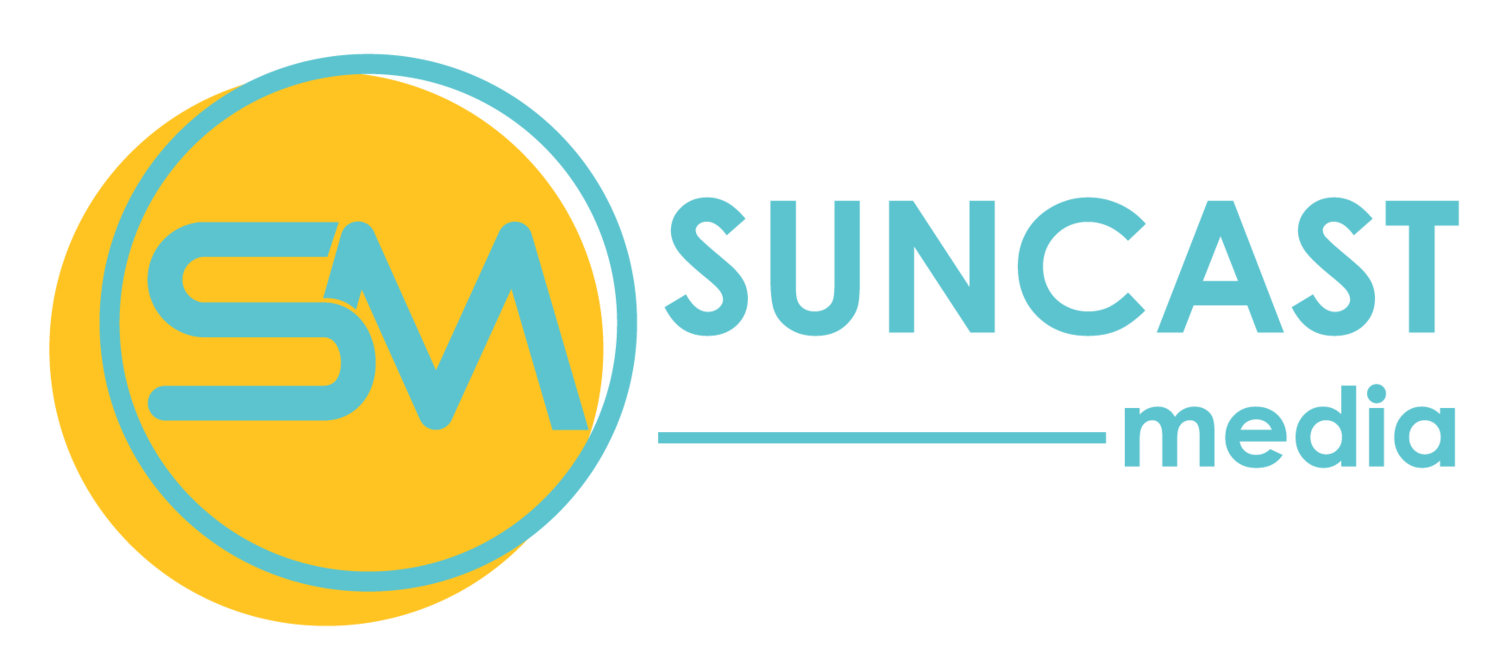We'd love if you'd leave us a 5 ⭐ rating & review and it's never been easier: www.ratethispodcast.com/suncast
Tanya Barham has a simple way of explaining the mission of Community Energy Labs, the Portland, Oregon-based company she founded and heads.
"We're like the QuickBooks of building technology. We support something more complex than someone doing their taxes but at a far lower expense than a business that uses SAP or a big mainframe computer," she said.
Tanya wants to make smart energy management and decarbonization accessible and affordable for community building owners.
In today's insightful and wonderful conversation, we explore the built environment — specifically around the issues of how we control it and how it controls us.
As the US Environmental Protection Agency acknowledges, the built environment touches all aspects of our lives. It encompasses the buildings we live in, the distribution systems that provide us with water and electricity, and the roads, bridges, and transportation systems we use to get from place to place. These human-made or modified structures provide people with living, working, and recreational spaces — and creating all these spaces and systems requires enormous quantities of materials.
Tanya is an innovator, entrepreneur and self-described utility nerd, skilled in the execution of all aspects of technical service, product development, operations and commercialization from ideation through funding and growth while integrating systems and people. She has 20 years of experience developing programs and software to improve the built environment.
In the early 2000s, when solar photovoltaic (PV) was still considered a largely fringe technology, she started a first-of-its-kind solar program called Solar 4R Schools for a Portland, Oregon-based foundation. More recently, she's focused on helping building managers use predictive controls to manage their carbon footprint in places like schools.
Did you know 40% of greenhouse gas comes from the built environment, and 70% is from the electric grid? Even so, most (87%) commercial buildings need more controls to manage the complex solutions and software now available.
Until recently, Tanya said smaller businesses, schools and local governments could get by with limited controls. "But now, there are penalties for non-compliance with building performance. As costs and complexities increase, they need solutions."
Tanya said energy is the second highest cost for larger nonprofits. And in the United States, k through 12 schools spend more on energy than on computers and textbooks combined.
Community Energy Labs' commercial building control solutions monitor, learn and adjust building energy use to meet business goals. Tanya described the company's internet of things (IoT) driven Software-as-a-Service (SaaS) platform as "predictive and adaptive — a tireless virtual engineer controlling your building's setpoints, schedules, air quality, comfort and energy use."
Tanya shares fascinating stories about business building, her hard-knock upbringing, and the commonalities between choirs and companies in today's podcast. She grew up poor, she recalled, in a family with limited resources and minimal access to higher education. "But my relatives were smart, curious and energetic, and neurotic in ways that helped me," she said.
Once she started school, many caring adults recognized her potential "and invested a lot. Teachers and counselors constantly plugged me into resources and promoted me to leadership development programs. And then, when I went to college, I became a nanny for a Swedish family full of entrepreneurs," she said.
Tanya explains how the challenges of her youth prepared her for the effort and risks inherent in entrepreneurship.
Anyone building a business, climate tech or otherwise, will enjoy the lessons we unpack here today. And yes, we also talk about things like solar, proptech — property technology — and even touch on the artificial intelligence convergences driving climate tech investment.
NOTEWORTHY QUOTEs:
“I truly believe to lead the clean energy revolution, we need more people asking questions. We need more people curious about how and why things work and be willing to change it and try something incredibly new and different.”
Thanks again to this week's sponsor, helping keep the podcast FREE to you!
SUNGROW focuses on integrated energy storage system solutions, including PCS, lithium-ion batteries and energy management system. Pleae visit https://www.mysuncast.com/sungrow
ABOUT THE HOST OF SUNCAST:
Nico Johnson is the creator and host of SunCast, consistently rated a top solar podcast in the clean energy sector. The content of the show is geared towards listeners looking for insights on where the markets are headed, how to position themselves or their companies, and what today's market leaders do to stay ahead of the pack.
Nico is an Investor, Executive Coach, and 16-year veteran of the solar industry, having led development in the US and Latin America for global companies like Trina Solar and Conergy.
You can connect with Nico Johnson on Twitter, LinkedIn or email.
If you’ve been second-guessing your work decisions or maybe trying to reconsider how you "fit" in the renewable energy industry -> grab 20 minutes on Nico's calendar and discuss whether having him as Your personal coach might be the right next step.


